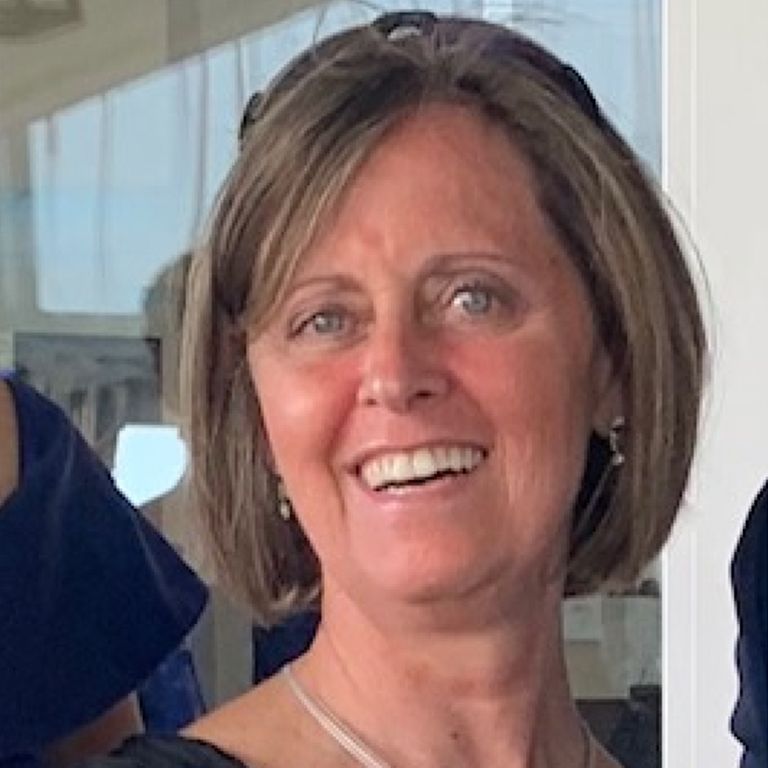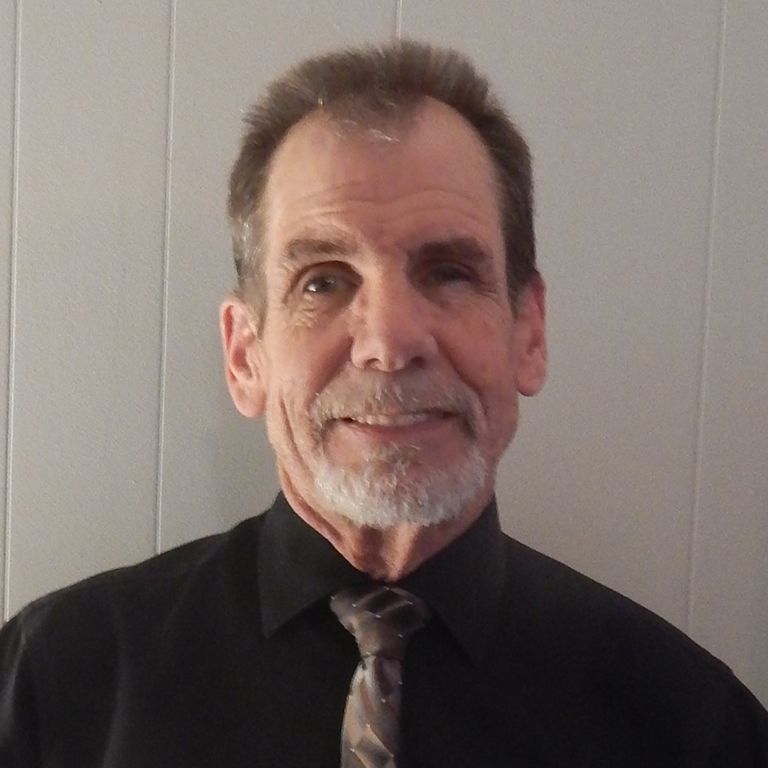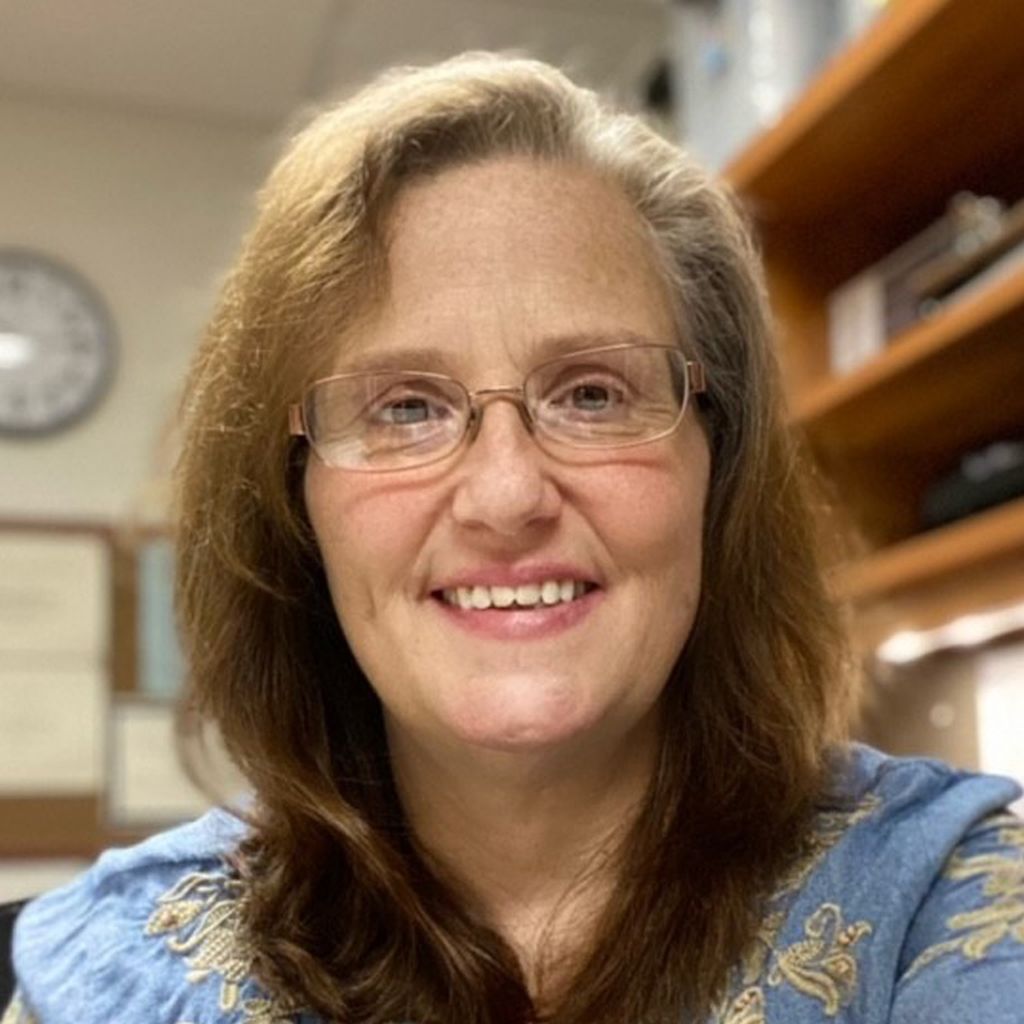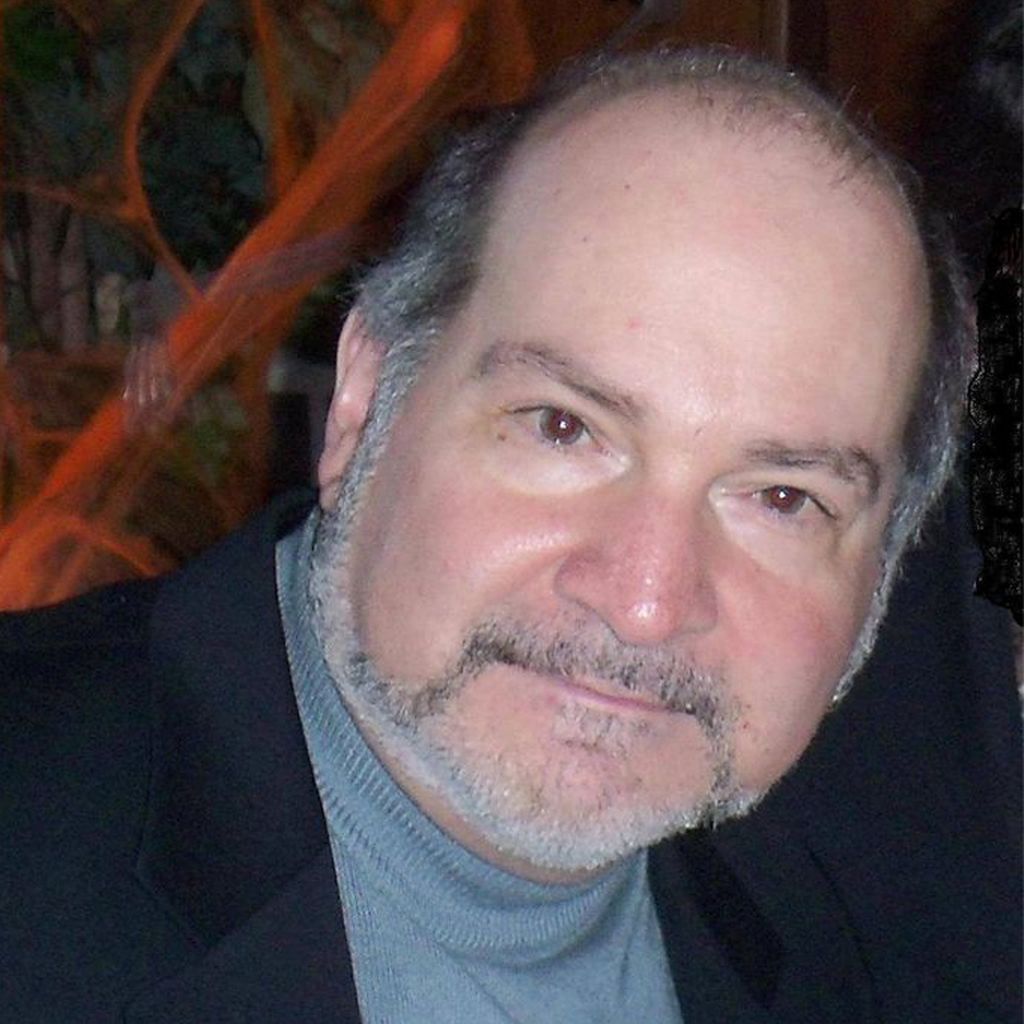Faculty and Staff

Cristiana K. Collins, PT, PhD, CFMT, NCS
Chair and Associate Professor
- Board Certified Specialist in Neurologic PT
- Certified Functional Manual Therapist

Steven Kofsky, PT, DPT, CMP, CFMT, OCS
Doctoral Lecturer and Assistant Director of Clinical Education
- Board Certified Specialist in Orthopaedic PT
- Certified Functional Manual Therapist
- Certified Mulligan Practitioner

Jaya Rachwani, PT, MS, PhD, PCS
Assistant Professor and Director of the Movement Analysis Lab
- Board Certified Specialist in Pediatric PT

Nicki Silberman, PT, DPT, PhD
Associate Professor and Director of Clinical Education
- CHSE (Certified Healthcare Simulation Educator)
- BSPTS Certified Schroth Therapist
- APTA Level 1 Credentialed Clinical Trainer



